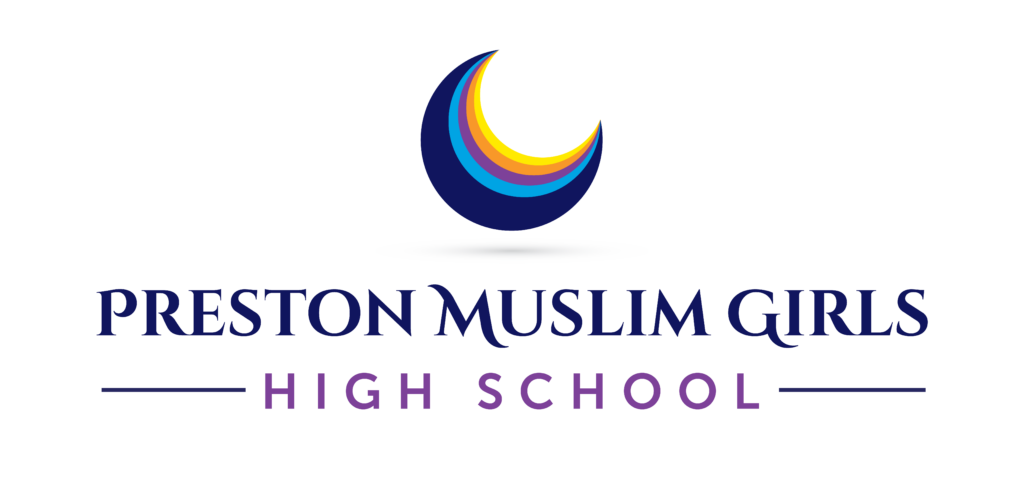Intent
KS3
The music curriculum at PMGHS is built around five main strands:
- Singing
- Composing
- Improvising
- Playing
- SMSC (Social, Moral, Spiritual and Cultural)
The 5 strands of musical learning at KS3 are in the form of a spiral with increasing challenge as pupils progress through Year 7 to 9. The strands enable pupils to develop their performance, composition and listening skills, as well as giving pupils the opportunity to reflect on both their own and other pupils’ work. In Year 7 the fundamental building blocks of music; tempo, duration, dynamics, rhythm, pitch, structure, timbre and texture are studied through a range of activities incorporating the strands. As pupils progress through KS3, knowledge of each of these areas is developed, increasing their understanding of the key terminology and musical language as well as developing their own oracy skills. As pupils reach the end of KS3 they will be well equipped with the knowledge, skills and terminology required for them to appreciate and understand a wide range of musical genres and styles.
Music should enable pupils to:
- Perform, listen to, review and evaluate music across a range of historical periods, genres, styles and traditions, including the works of the great composers and musicians
- Learn to sing and to use their voices, to create and compose music on their own and with others, have the opportunity to learn a musical instrument, use technology appropriately and have the opportunity to progress to the next level of musical excellence
- Understand and explore how music is created, produced and communicated, including through the interrelated dimensions: pitch, duration, dynamics, tempo, timbre, texture, structure and appropriate musical notations
- Play and perform confidently in a range of solo and ensemble contexts using their voice, playing instruments musically, fluently and with accuracy and expression music curriculum statement
- Improvise and compose; and extend and develop musical ideas by drawing on a range of musical structures, styles, genres and tradition
- Use staff and other relevant notations appropriately and accurately in a range of musical styles, genres and traditions
- Identify and use the inter-related dimensions of music expressively and with increasing sophistication, including use of tonalities, different types of scales and other musical devices
- Listen with increasing discrimination to a wide range of music from great composers and musicians
- Develop a deepening understanding of the music that they perform and to which they listen, and its history
All pupils are able to access the music curriculum regardless of their starting point. There is no narrowing of the curriculum and classes are not set by ability.
Implementation
KS3
At Key Stage 3, pupils have one hour of music per week across year’s 7, 8 and 9.
However, in years 8 and 9, pupils are in smaller class sizes of approximately 22 pupils. This gives them much better access to both resources and support.
Assessment in music is completed via a range of strategies. Formative and diagnostic assessment strategies include regular assessments using the ‘Focus on Sound’ learning platform, recorded verbal feedback, digital ‘post it’ notes and informal discussions, guidance and regular ‘in the moment’ verbal feedback.
Pupils self-assess using success criteria checks, peer assessment of performances and work, and are regularly asked to reflect on their progress and strategies to improve during discussion.
Although pupils may complete a particular task in music, they are aware that they are always developing their use of the 5 strands that run through the curriculum and that the fundamental elements of music are constantly referred to, revisited and expanded upon as they progress through KS3.
Impact
KS3
The Music Department are keen to deliver a curriculum that has the breadth to give pupils a broad understanding of the world of music, encouraging them to take interest in music from a wide range of genres and giving pupils the opportunity to both perform and compose.
The curriculum also aims to have the depth and detail to prepare pupils for a future in music education and beyond.
All pupils are able to make good progress regardless of starting point. Units of work are flexible so that formative assessment is effective, revisiting terminology and giving pupils more time to develop skills where necessary. Pupils will get the opportunity to perform and represent the school in the school talent contests, PMGHS got talent.

